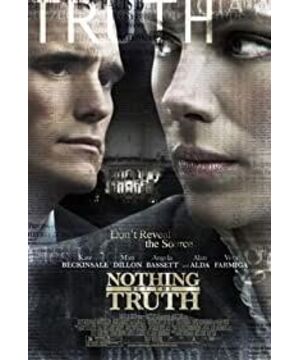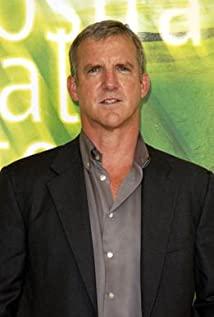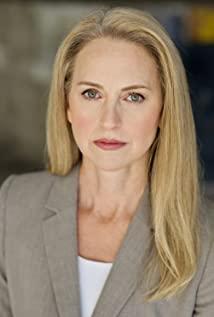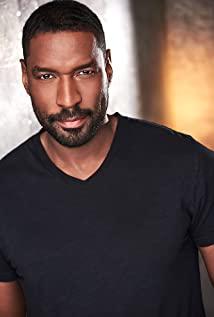Rachel is a female reporter. Before the storm, she was just an ordinary reporter of this newspaper, the wife of a writer, and the mother of a beautiful little boy. But when she published a report that revealed that the president's decision to launch a war was a mistake, she revealed the identity of a female CIA agent. The storm came suddenly and completely ruined her life.
According to U.S. law, exposing the identity of a CIA agent is a serious violation of the law and is equivalent to a crime of treason, because the government sent a special prosecutor to pressure Rachel to tell her the source of her information. the source of identity. Since then, almost everyone has been asking Rachel this question, in order to avoid the disaster of jail, she must say the answer. In courts, in newspapers, in detention centers, faced with repeated inquiries from judges, special prosecutors, newspaper leaders, and even her husband, Rachel, like the famous reporters Woodward and Bernstein in the Watergate incident, swore to death. The informant who protects himself refuses to reveal the identity of "Deep Throat."
Rachel’s lawyers tried to invoke the First Amendment to the U.S. Constitution to protect her rights as a journalist. In 1791, the First Amendment to the U.S. Constitution came into effect, marking the establishment of freedom of the press in the United States. In the history of world news, it is regarded as a landmark bill. It clearly stipulates that “Congress shall not pass a law that respects a certain religion or prohibits religious freedom; it shall not abolish the freedom of speech and the press; it shall not restrict people’s assembly and petitions. , Freedom to appeal.” That means Rachel has the freedom of expression and also the right to silence. The government has no right to interfere.
The special prosecutor as a government representative emphasized that Rachel’s informant committed the crime of treason and is likely to continue to endanger national security. Therefore, Rachel has no choice but to tell the truth, otherwise he will be imprisoned. Although the 31 states of the United States and Washington, DC have laws that require journalists to not disclose the identity of the source for the public’s right to know, there is no such provision in the federal law. In the end, the judge turned to the government and detained Rachel until she told her source.
After being detained for more than 100 days, Rachel accepted a live interview. When the host tried to ask her again: who is your source, she asked: As a colleague, why should you try this? Try to make a reporter go against her principles?
"They have provided us with real and valuable information. Why should we betray them? A qualified journalist, even if he is threatened by jail, will not betray his source of information. Protect you like an envoy of God. The source of the news.”
This is the professional ethics of American journalists. Unless your informant agrees, you can’t say his identity. As a reporter detained for refusing to tell the source, the story is actually over here. Later, the American people's forgetfulness of the female journalist who insisted on their professional ethics, the abandonment of her husband, the shooting of the leaked female agent, etc., caused Rachel's persistence to put a cross on her back and a dilemma.
The story’s prototype took place in the United States in 2005. The wife of the former ambassador to Iraq was exposed as an agent. Bush’s decision to go to war over Iraq’s weapons of mass destruction was questioned. The New York Times female reporter Miller refused to disclose the source. Was sentenced to 18 months in prison for contempt of court. At the end of September 2005, Miller was released after three months in jail because the source was willing to disclose his identity. The source is Lewis Libby, assistant to Vice President Cheney.
Miller's case caused great repercussions in the United States. The United States has been arguing about citing anonymous sources. The press believes that when conveying certain special information, the identity of the source should be kept secret, but such rights have never been recognized by federal law. Journalists go to jail to protect the source of information often happen in the United States, but Miller’s case is rare in recent years. It is worth mentioning that the American press has always supported Miller, but Rachel in the film was forgotten during the long detention.
The ending of the film has a taste of Hollywood. It turned out that the female agent’s daughter and Rachel’s son were in the same kindergarten. On a shuttle bus to the kindergarten, the little girl chatted with Rachel and revealed some information, which was confirmed in her subsequent interview, but to be precise , The little girl is Rachel’s source. "But don't tell anyone, I told you, okay?" The film ended silently in the little girl's innocent voice. And Rachel still has to spend 2 years in jail, which is the price she paid to protect her informant.
View more about Nothing But the Truth reviews











